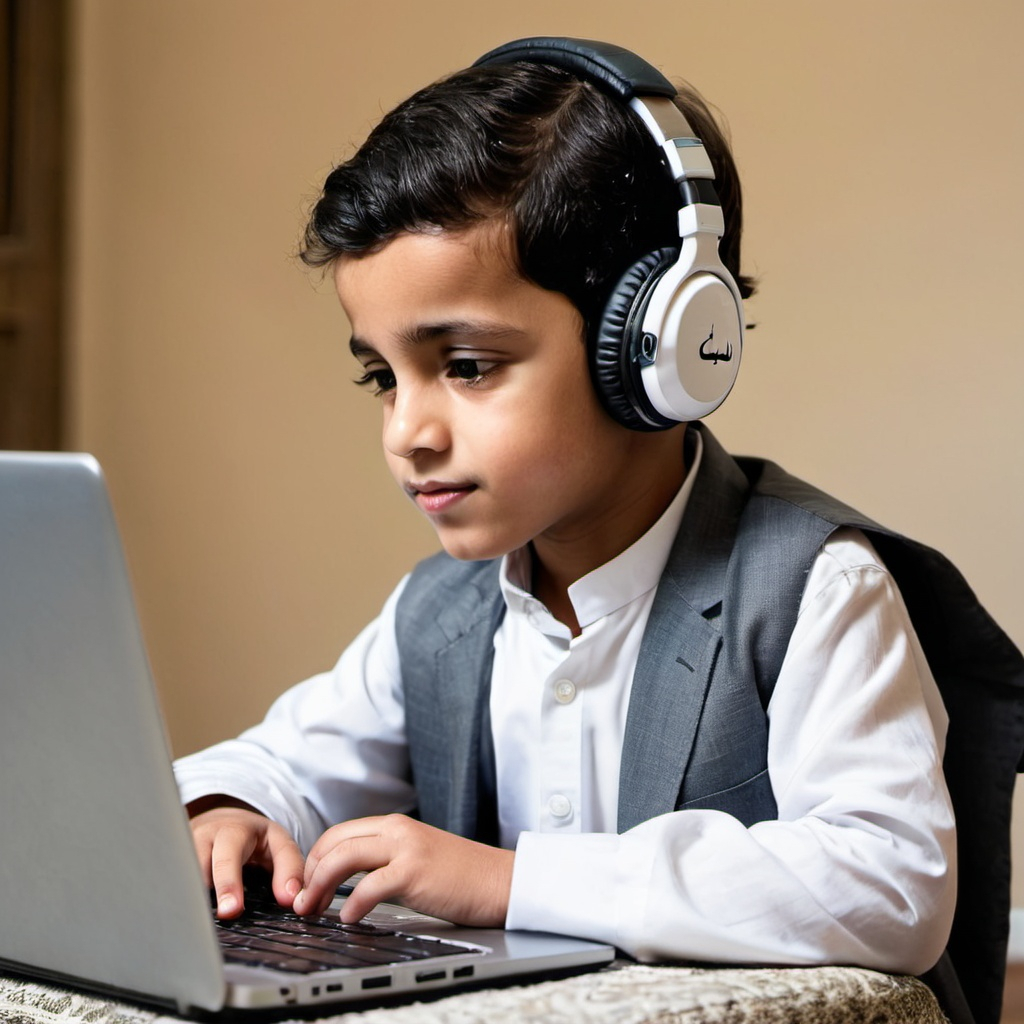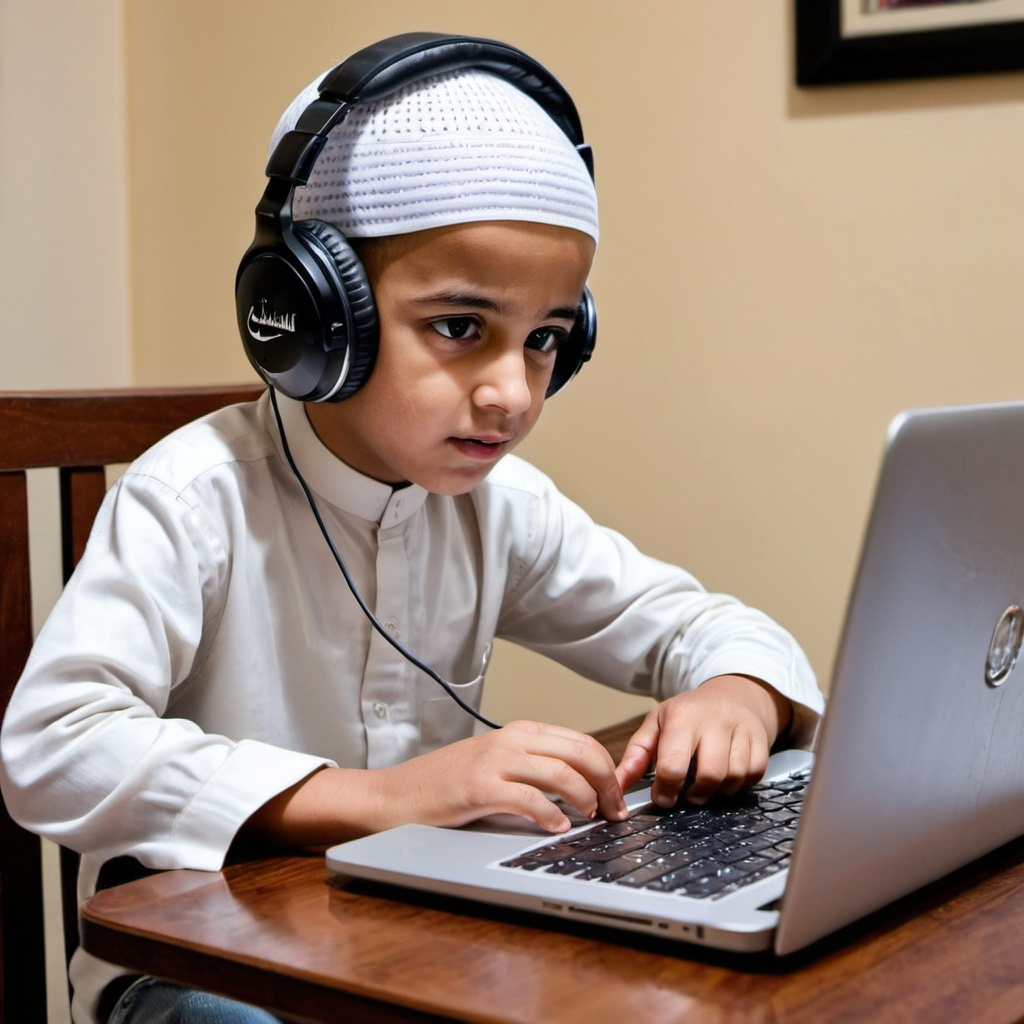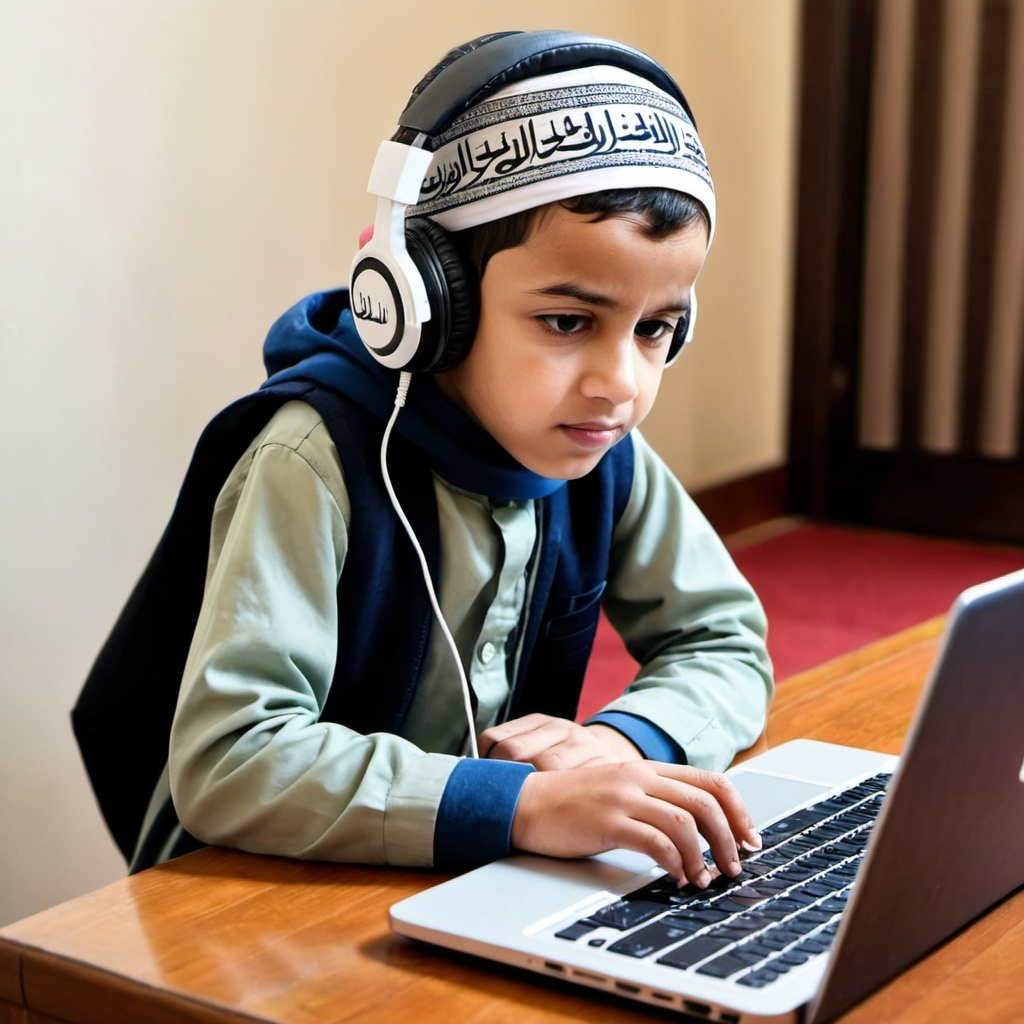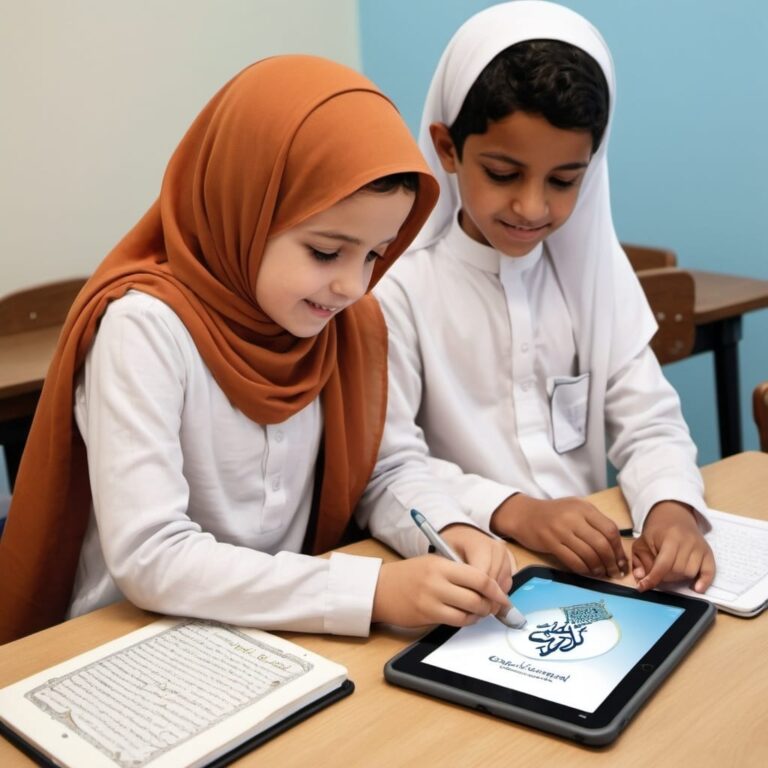The Best Time and Approach to Teaching Quran to Your Kids: Insights from Qaf Quran UK
Teaching Quran: For many families, teaching their children the Quran is a religious duty, but figuring out when and how to do it can be difficult. At Qaf Quran UK, we recognize the significance of this undertaking and are dedicated to offering parents and educators support and direction. Using our knowledge and experience in Islamic education, we will examine the best methods for teaching the Quran to children in this extensive book.
Comprehending the Developmental Stages of Children: This involves acknowledging the distinct stages of development and maturation that kids go through, which can influence their education and growth.
- Early Childhood (Ages 0-5): A child’s first five years of life are included in this period, during which they rapidly develop emotionally, cognitively, and physically.
- Middle Childhood (Ages 6–12): This stage, which spans from roughly six to twelve years old, is marked by greater social contacts, the development of more sophisticated abilities, and more cognitive growth.
- Adolescence (Ages 13–18): This stage, which includes adolescence, signifies the change from childhood to adulthood. Teenagers go through major changes in their physical, mental, and social development as they prepare to become independent.
Building a Supportive Learning Environment: Putting in place elements like structure, encouragement, and resource availability to support efficient learning.
Creating Routine and Consistency: To instill a sense of stability and predictability in Quranic education, establish regular study schedules and practices.
Making Use of Interactive and Engaging Resources: Including resources, activities, and materials that pique children’s curiosity and encourage their participation in learning about the Teaching Quran.
Virtual Learning Platforms: Anywhere with an internet connection can access Quranic instruction through online platforms and virtual classrooms.
Benefits of Enrolling in a Quran Academy: Professional training, a well-structured curriculum, and peer support are some of the advantages of attending a specialized school for Quranic education.
Qualified Teachers: Skilled and informed educators with a wealth of experience who can instruct students in the Quran and support them throughout their educational path.
Peer Support & Interaction: Chances for students to work together on assignments, engage with one another, and offer support and encouragement to one another.
Developing a Love for the Quran: Encouraging youngsters to have a lifetime relationship with the teachings of the Quran by instilling in them a profound love and respect for it.
Encouraging Questions and Discussions: Establishing a welcoming and encouraging atmosphere where kids can feel free to clarify, ask questions, and have thoughtful conversations about subjects covered in the Teaching Quran.
Celebrating Milestones and Achievements: Highlighting children’s development and successes in their study of the Quran helps to boost their self-esteem and motivation.
Overcoming Challenges in Quran Education: Recognizing and resolving any roadblocks and issues, such as language problems, low motivation, and parental worries, that may come up during the Quranic education process.
Language Disparities:The hurdles encountered by kids who lack fluency in Arabic, the language of the Quran, and methods for conquering language-related obstacles in learning the Quran.
Absence of drive: Problems with kids’ motivation and involvement in learning about the Quran, as well as methods for piquing and maintaining their interest.
Taking Care of Parental Concerns: Addressing the concerns, questions, and worries parents have regarding Quranic education and offering comfort, direction, and support.
Including Quranic teachings and concepts in all facets of children’s everyday activities and routines will help them learn as a natural and seamless part of their lives. This is known as “integrating Quran education into daily life.”
Linking Lessons to Real-Life Experiences: By establishing links between the teachings of the Qur’an and actual events, children are better able to comprehend how to implement the Qur’anic principles in their daily lives.
Integrating Quranic Teachings into Behavior: Assisting kids in applying the morals and values of the Quran to their deeds, attitudes, and social relationships.
Creating interesting and meaningful learning experiences that connect with children’s interests, experiences, and goals is key to making learning enjoyable and relevant.
Facilitating Ongoing study Beyond the Classroom: Offering youngsters the means, direction, and inspiration to further their study in the Teaching Quran outside of official school environments.
Building a house Library: To support further learning and research, stock your house with books, materials, and other sources related to the Teaching Quran.
Encouraging Regular Recitation: Encouraging the everyday practice of memorizing and reciting passages from the Quran in order to promote learning and retention on a continual basis.
Looking for Community Support and Resources: Reaching out to neighborhood mosques, community centers, and internet communities to get more help, direction, and educational chances for studying the Quran.
The Parental Role in Quran Education: Acknowledging the vital role parents play in assisting and encourage their kids’ Quranic education.Setting a good example for others by acting, behaving, and having an attitude that reflect one’s own devotion to memorizing the Teaching Quran.
Offering Emotional Support: Assisting kids in overcoming the difficulties and rewards of studying the Quran, by giving them words of wisdom, consolation, and assurance.
Cooperating with Teachers: Encouraging children’s learning and development by forming a cooperative and encouraging learning environment with teachers, tutors, and Quranic scholars.
Conclusion about Teaching Quran
Teaching children the Teaching Quran is a fulfilling and life-changing experience that calls for rigorous preparation, endurance, and commitment. Parents and teachers may guarantee that the future generation receives a meaningful and successful Quranic education by harnessing technology, recognizing children’s developmental stages, and establishing a conducive learning environment. At Qaf Teaching Quran UK, we’re committed to helping families in this admirable endeavour and giving kids the tools they need to start a lifetime of learning and religion.













